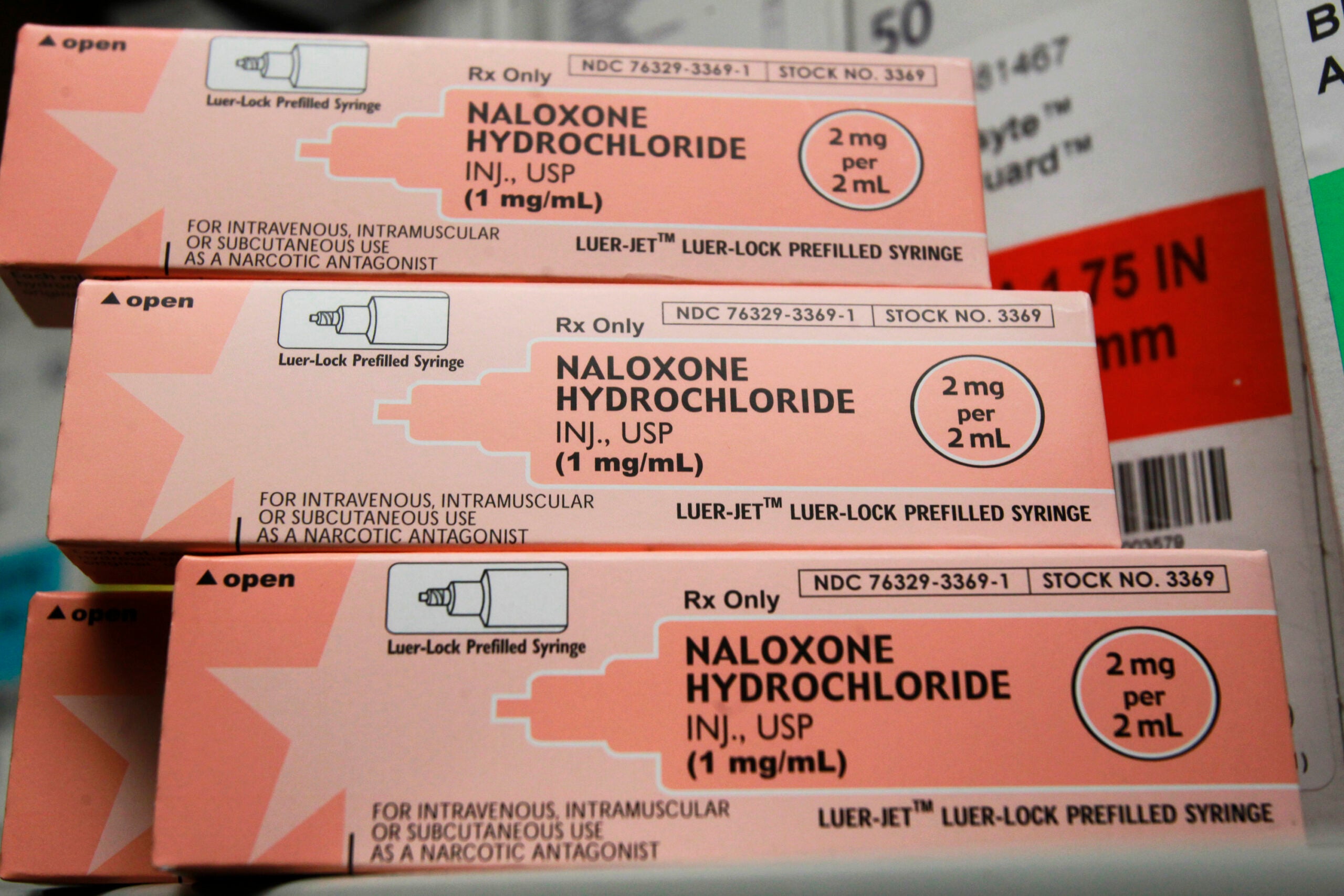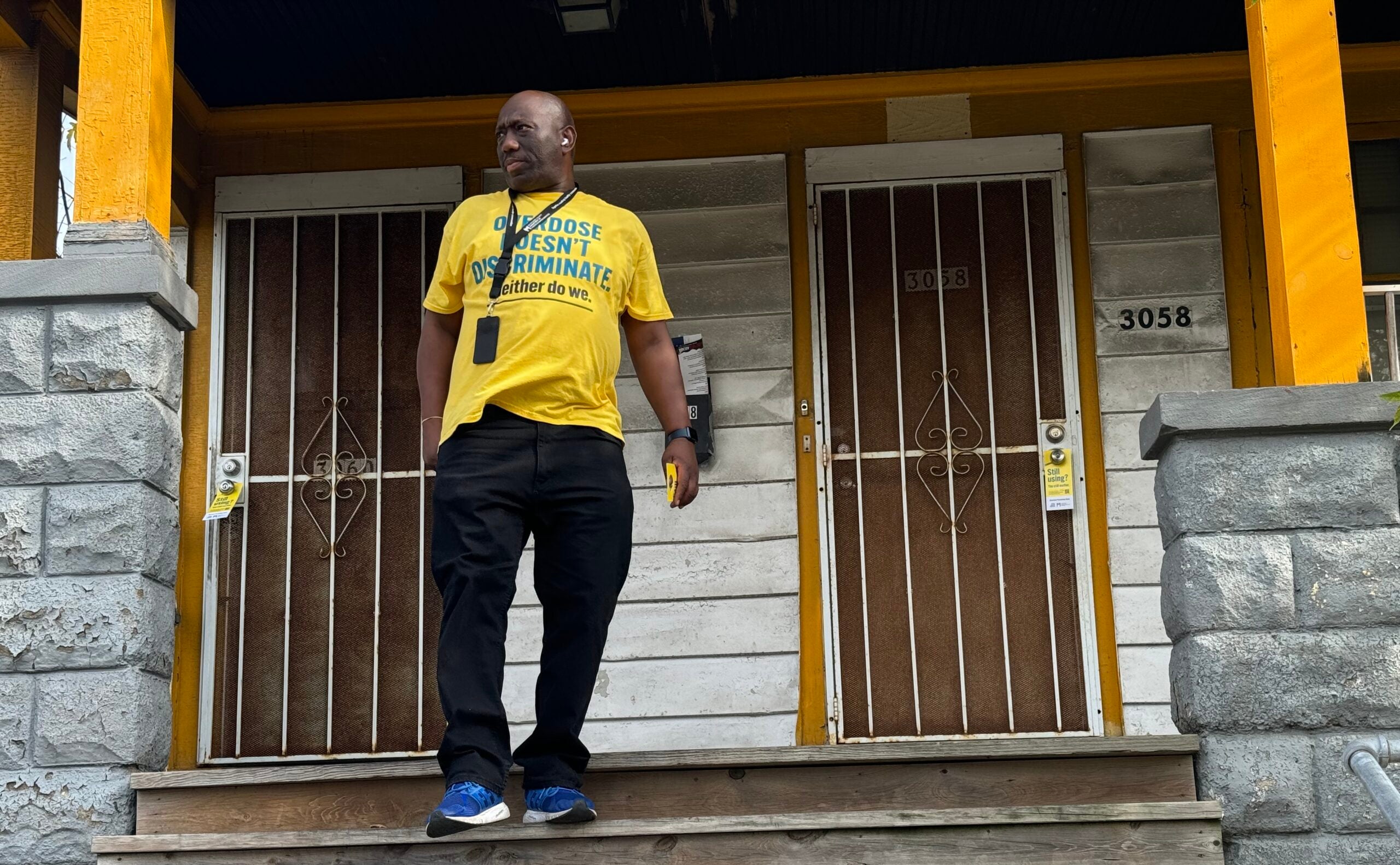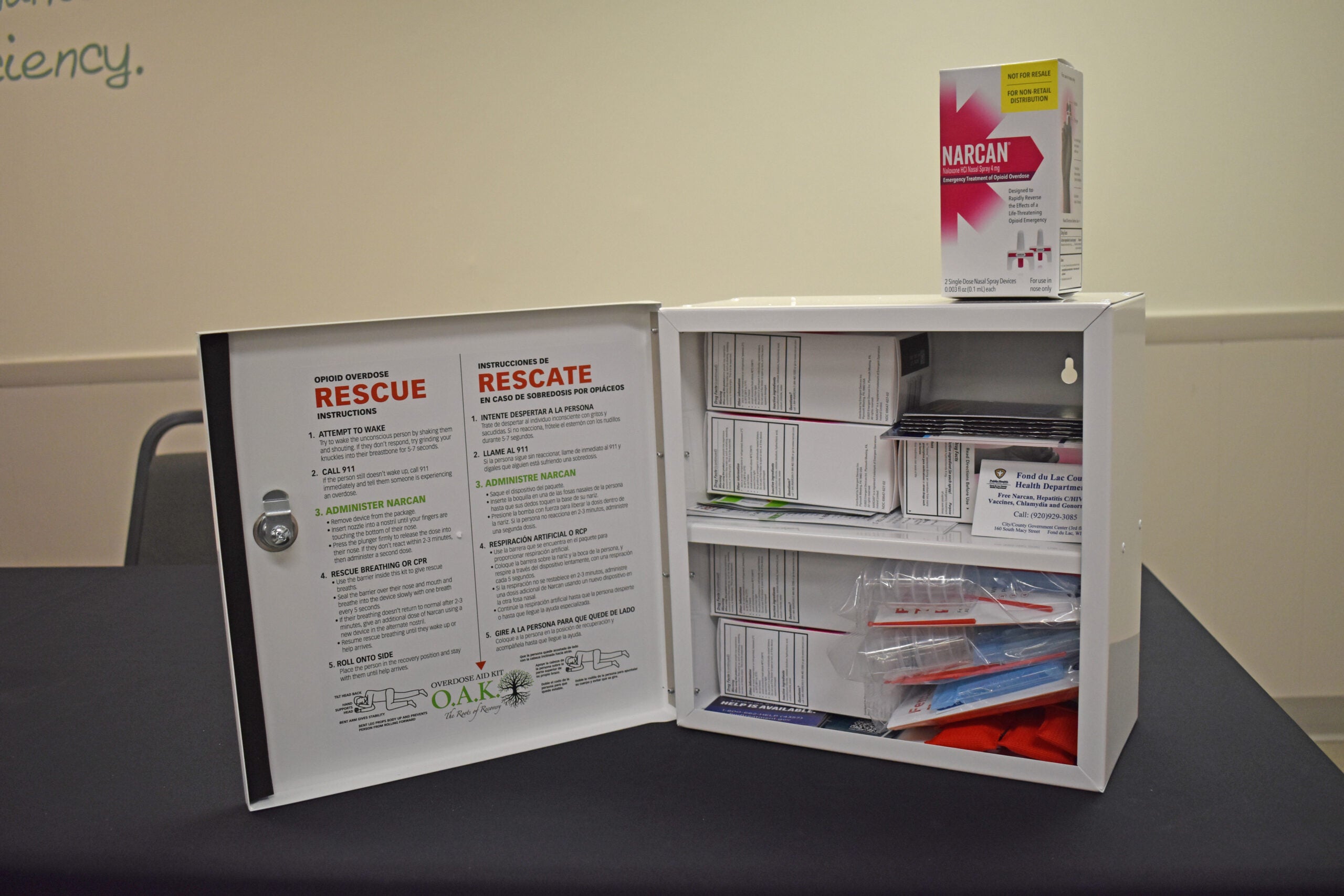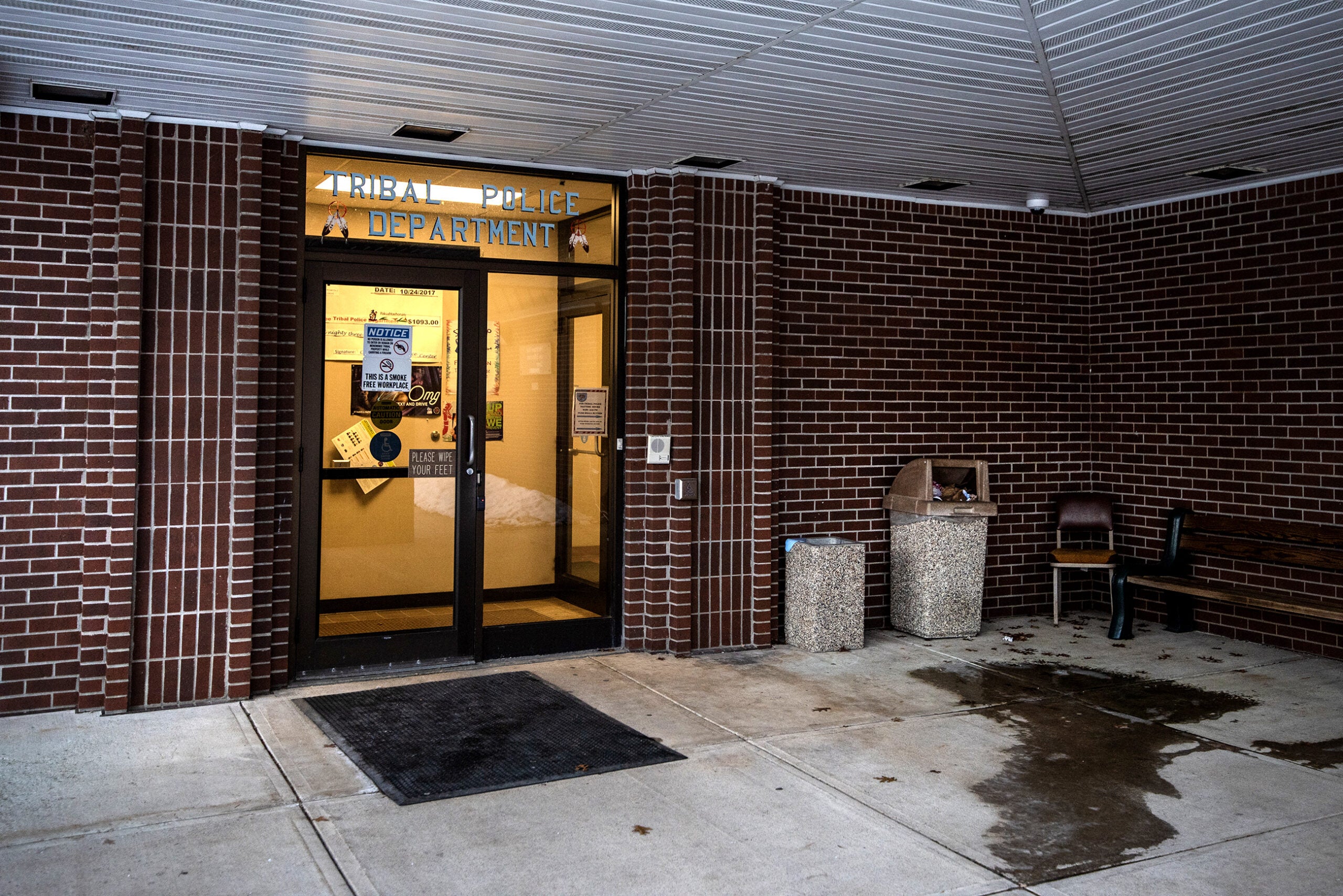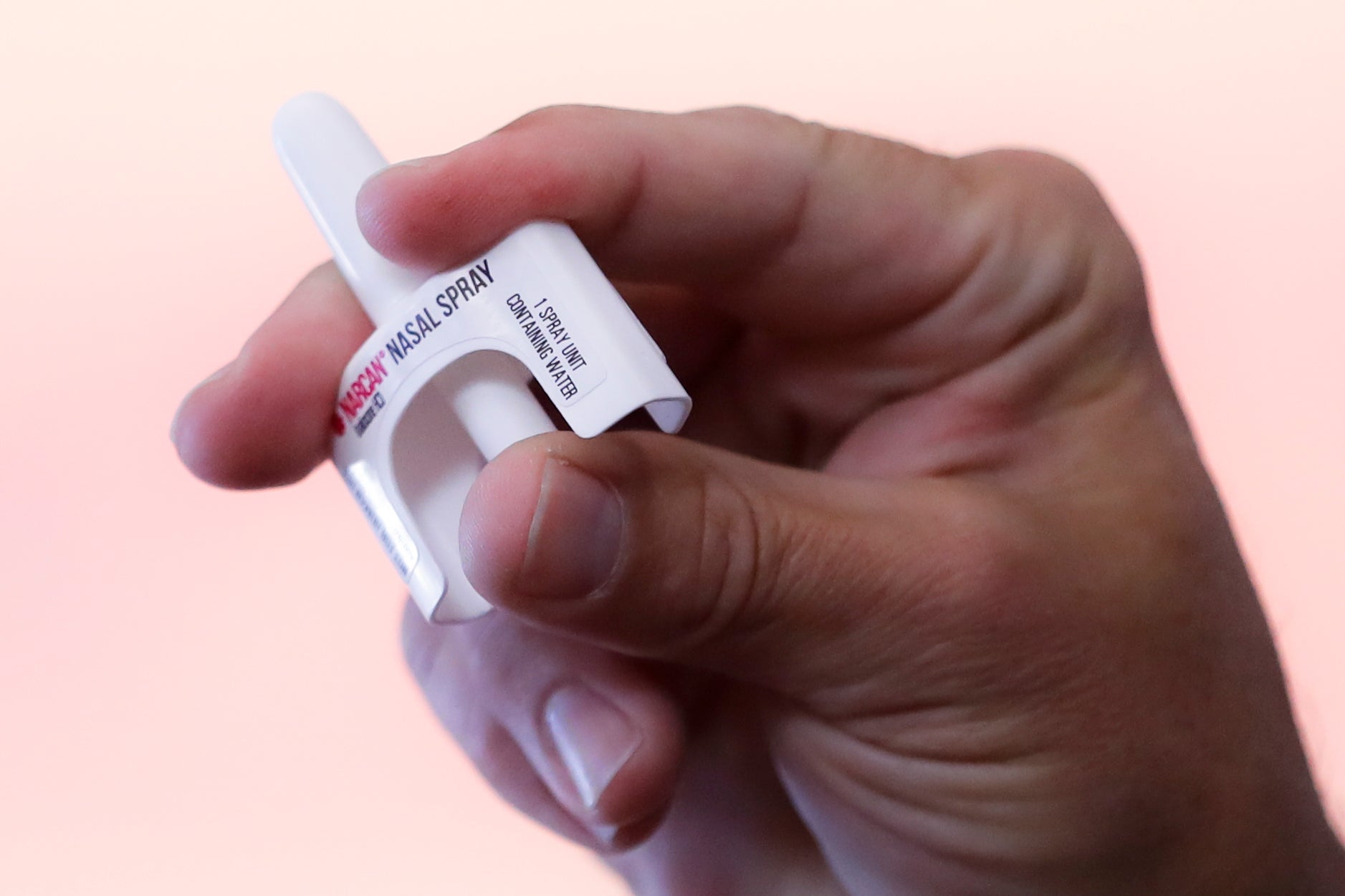Over the last year, the Bad River Band of Lake Superior Chippewa has provided Wisconsin residents almost 15,000 doses of a medication used to reverse opioid overdoses.
The tribe first launched a statewide mail-order service offering free naloxone, more commonly known as Narcan, in late 2022. Bad River had already been distributing the opioid overdose reversal medication through its harm reduction program to people using drugs across northern Wisconsin.
The tribe began offering the mail service in partnership with NEXT Distro, an online and mail-based harm reduction platform. Eli Corbine, the tribe’s harm reduction coordinator, said he wouldn’t be alive without Narcan after he overdosed in February 2019. At the time, Corbine said he used a wide range of drugs that included meth, heroin and fentanyl.
Stay informed on the latest news
Sign up for WPR’s email newsletter.
“I woke up in a hotel on the east side of St. Paul with Narcan injectable in my arms — at least two or three doses,” Corbine said. “Shortly after that, I went to jail, and I sobered up.”
He said the harm reduction services provided by the tribe through the mail-order program is a vital tool to help save lives in the region and throughout the state.
Since 2023, the tribe has made 1,900 deliveries through the mail-order service to people in at least 63 counties statewide. In addition to the mail-order service, Bad River also provided more than 2,000 in-person deliveries. Altogether, more than 14,800 doses of naloxone and over 165,000 syringes have been distributed, according to tribal figures through May. Corbine said many orders come from urban areas of southern Wisconsin, including Dane County.
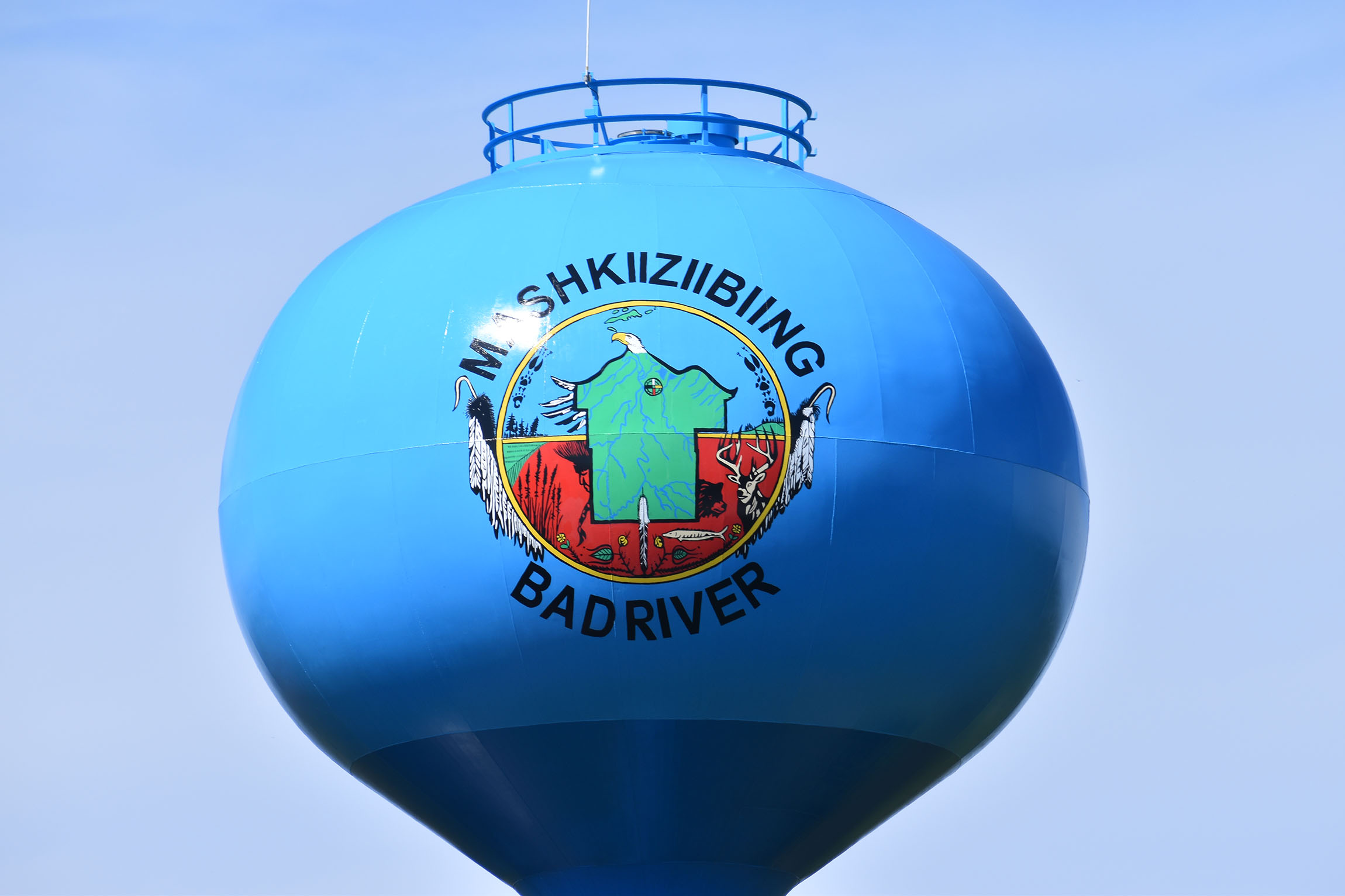
Robert O’Claire, an inventory specialist with the tribe’s harm reduction program, said he lost his cousin Nicole to an overdose in 2014. He said harm reduction services like the mail-order program help build a bridge between drug use and recovery.
“We can’t force anybody to do anything that they don’t want to do. The best we can do is make sure that they’re being safe, and they have the naloxone or Narcan and keep them supplied with safe and clean products, and confidentiality and anonymity, until they make that decision to where they want to start their recovery journey,” O’Claire said.
Deaths due to opioid overdoses have hit the region hard, according to Corbine. He said Bad River and the surrounding area has lost around 30 to 40 community members to drug overdoses in the past couple years. The most recent data from the Wisconsin Department of Health Services shows a record high 1,464 opioid overdose deaths across the state in 2022.
Vital Strategies is also partnering with Bad River to support harm reduction through the tribe’s mail-order service and its community offerings. The nonprofit global public health organization is committing $900,000 to the tribe through September of next year.
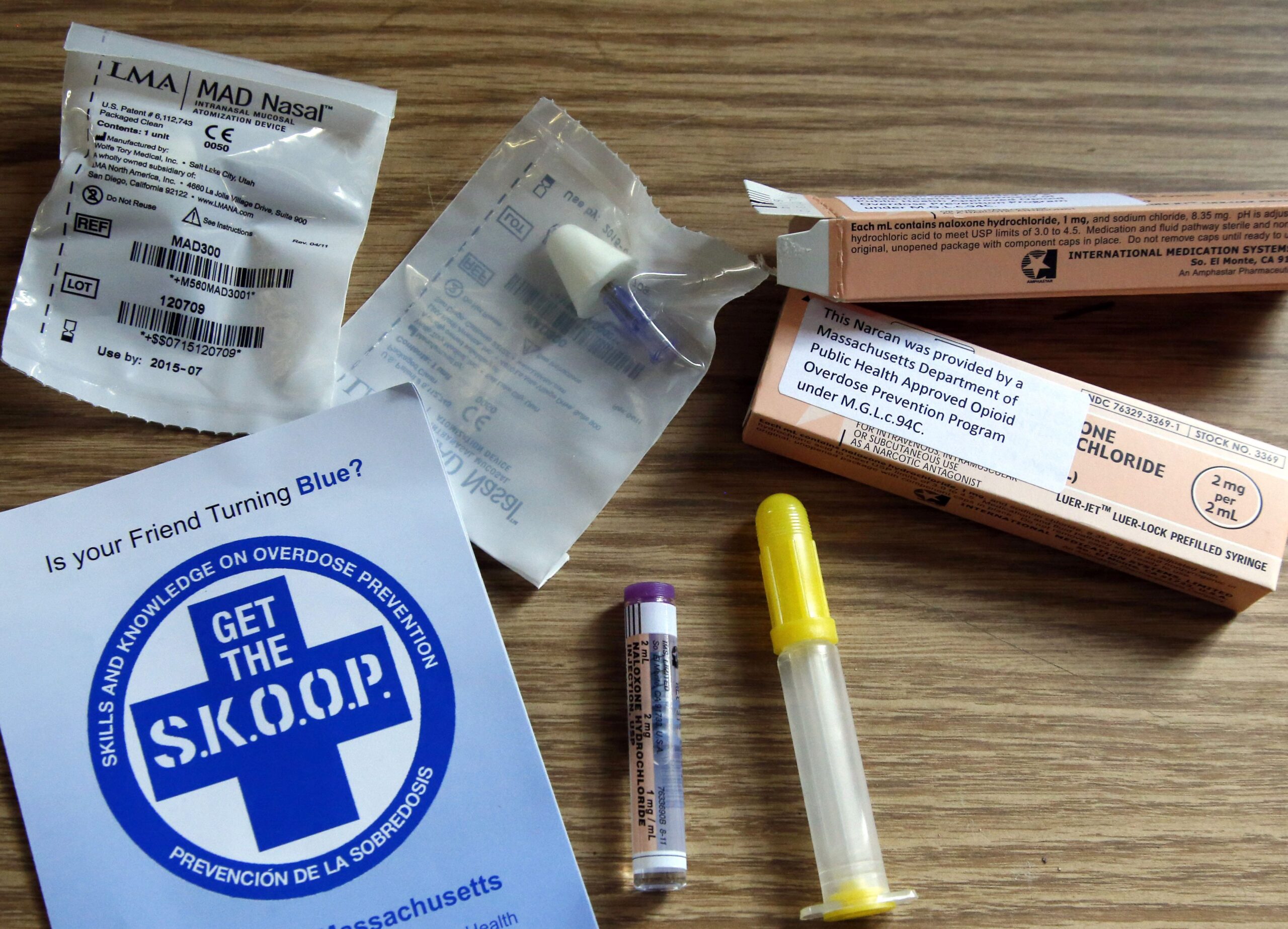
Adrienne Hurst, the group’s senior technical advisor, noted that the rate of overdose deaths among Indigenous people in Wisconsin is four times that of the general population. For Black residents, the rate of overdose deaths is three times higher than their white counterparts.
“These communities have been heavily impacted by discrimination, racial discrimination, traumatization, incarceration, the war on drugs (and) family displacement,” Hurst said. “All of these things have an impact on social cohesion, natural social support, intergenerational trauma and an overdose risk.”
Corbine said more than half of participants using the tribe’s in-person delivery services are Native women. As for the mail-order service, he said people often request multiple doses of naloxone because they can’t afford the over-the-counter cost of roughly $35. Others don’t want to risk the social stigma tied to seeking the medication.
O’Claire, who is also a recovering addict, said the social stigma surrounding drug use was the biggest challenge he faced in his recovery. He said having a strong support network played the greatest role in his ability to maintain sobriety.
“I can’t say for sure, but I’d like to say even the stigma around using and recovery is going down,” O’Claire said. “I’d like to think that our program, harm reduction, is playing a part in that.”
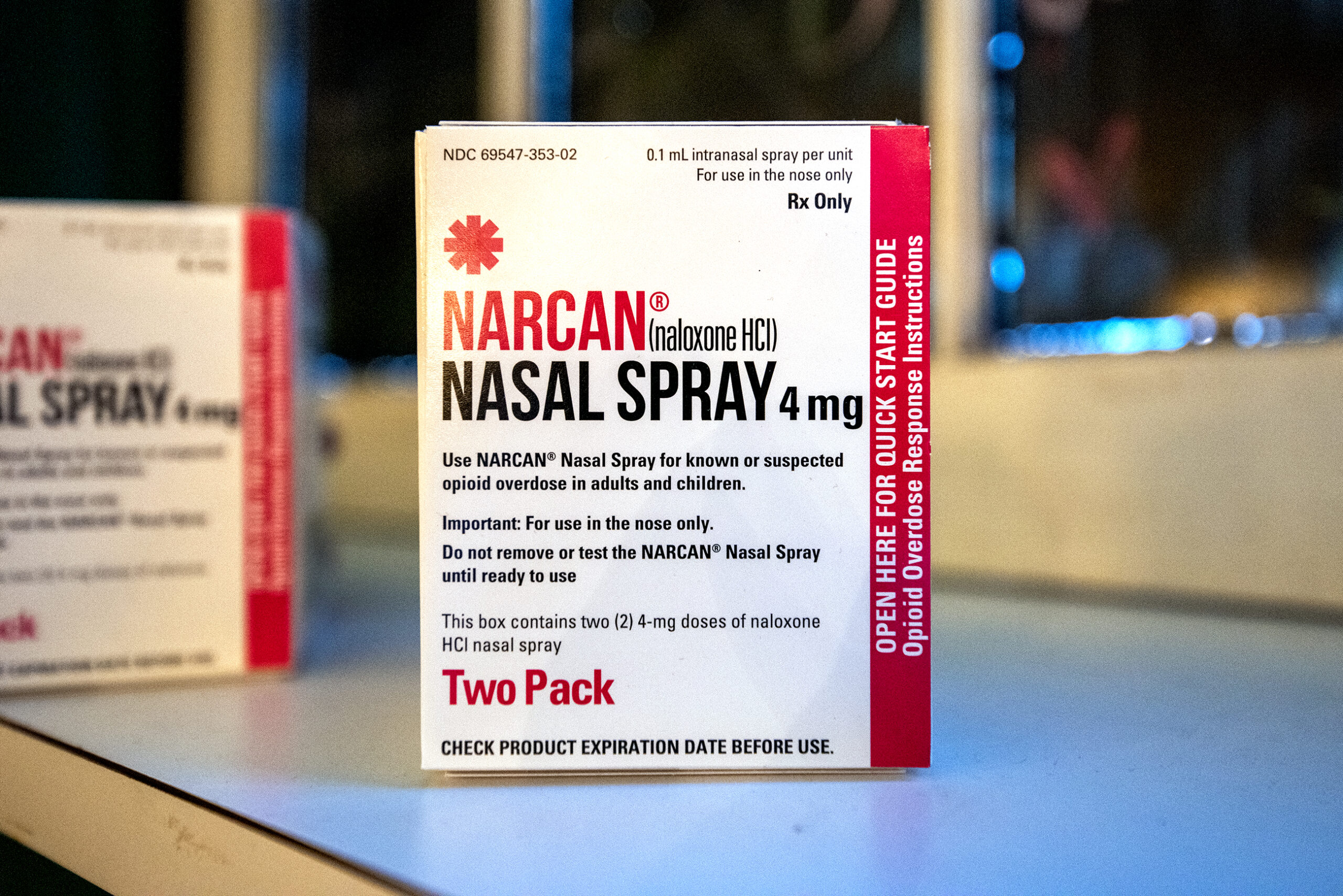
Vital Strategies is investing $10 million to provide staff and technical assistance to partners statewide through September of 2026, including in Milwaukee. The group is investing in Samad’s House and WestCare Wisconsin to fill gaps in underserved communities.
Elsewhere in the state, Racine County began offering a program that offers Narcan through the mail this year.
Wisconsin’s Narcan Direct Program also provides free doses of the medication through community organizations that train recipients on how to use it.
For help with addiction, call the free and confidential treatment referral hotline (1-800-662- HELP), or visit findtreatment.gov.
Wisconsin Public Radio, © Copyright 2025, Board of Regents of the University of Wisconsin System and Wisconsin Educational Communications Board.

